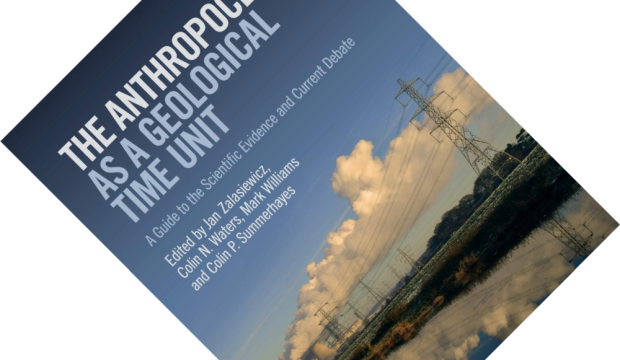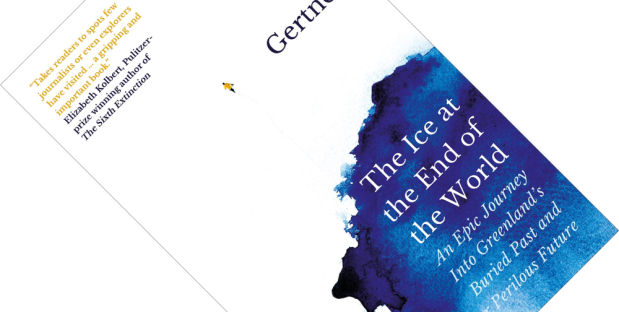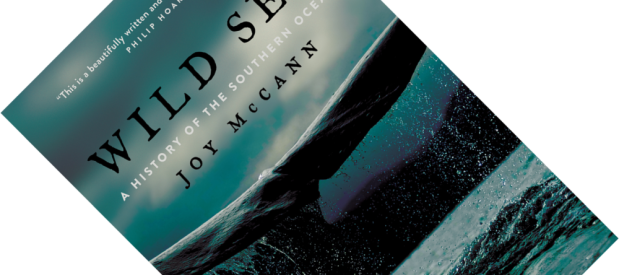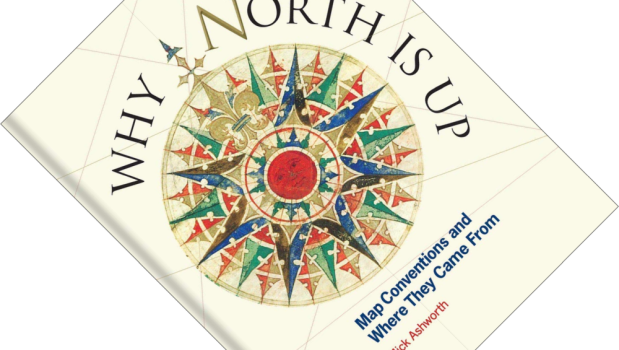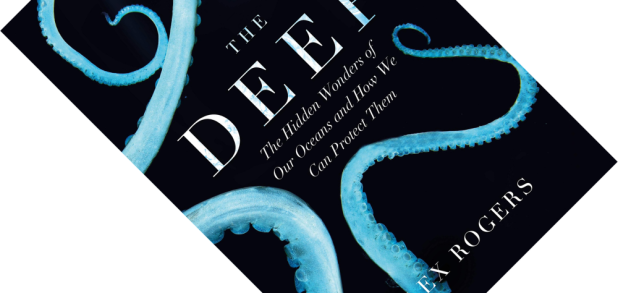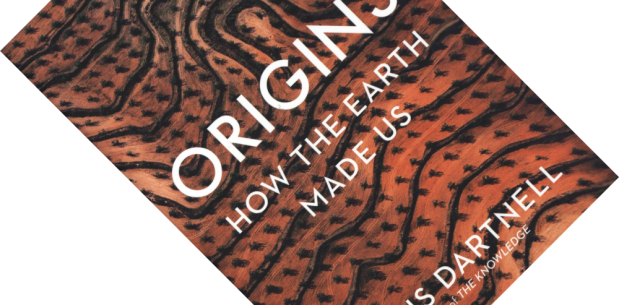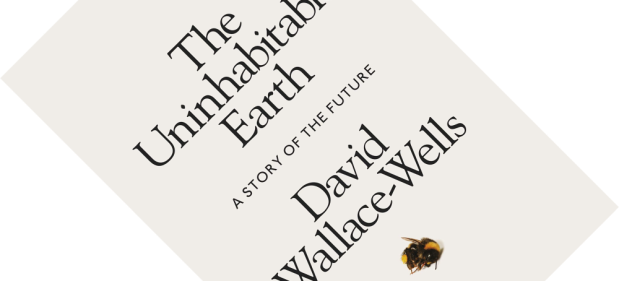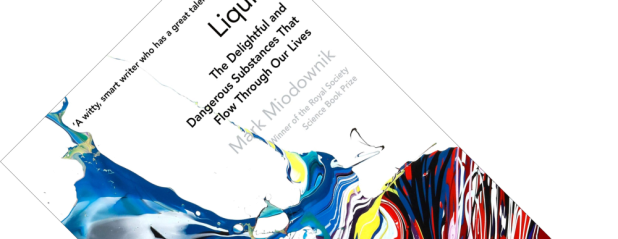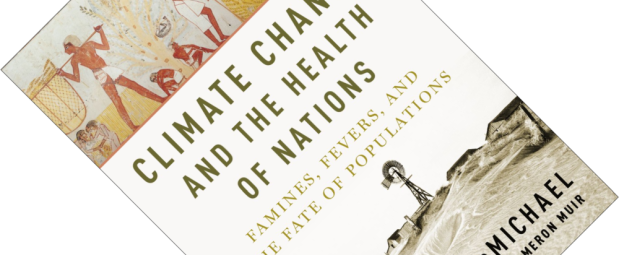7-minute read
Since it was coined in the year 2000 by Paul Crutzen and Eugene Stoermer, the term “Anthropocene” has taken the world by storm – pretty much in the same way as the phenomenon it describes. Humanity’s impact on the planet has become so all-encompassing that it warrants giving this period a new name. As a colloquial term that is all snazzy, but are we actually leaving a tangible trace in the rock record to signal a transition to a new period?

